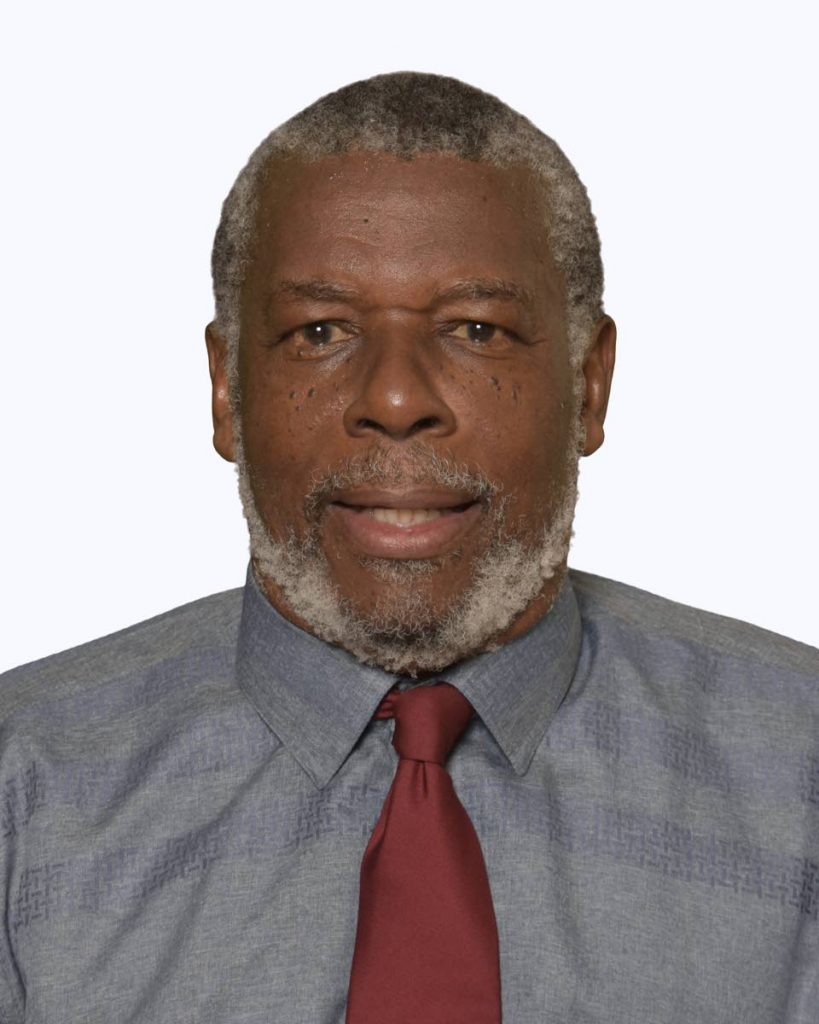On Caribbean hesitation about George Floyd

THEODORE LEWIS
How good and how pleasant it would be
Before God and man, yeah
To see the unification of all Africans, yeah
As it's been said already
Let it be done, yeah
We are the children of the Rastaman
Chorus:
So, Africa unite
'Cause the children wanna come home, yeah
– Bob Marley, Africa Unite
Just some more diasporic lyrics, as I continue to bristle at the sight of my brother George Floyd with his hands in chains behind his back, and a white man kneeling on his neck, on terrain familiar to me. Writing here is cathartic.
They did the same thing to Muhammad Ali. Took away his ability to fight.
I did not see in the Caribbean the kind of outrage one saw in streets everywhere in the world, over the killing of Floyd. But this is not to be read as indifference. Deep in Caribbean inherited memory of the cruelty of slavery, the Floyd killing fits. African strings vibrate.
In a recent article Prof Verene Shepherd of Mona wrote that “For over 400 years Africans and their descendants were classified in law as nonhuman – chattel property and real estate.” On page 28 she published a table titled “Africans executed following the Morant Bay rebellion” in Jamaica. The tally was 25 hangings, and two shot.
This was in 1865, three decades after emancipation.
The lethargy we see in the region with respect to African linkages belies the fact that at earlier times the Caribbean was a significant centre of diasporic cohesion. Jamaica was at the heart of much of this because it was the site of the first African arrival in the Caribbean, in 1513. For me, it’s not just reparations. There are more Africans in Venezuela than in this country.
Are they OK?
When the country was captured from Spain by the English in 1655, many Africans fought alongside the Spanish, who had first brought them, before switching sides, or fleeing to the hinterland as Maroons. The Maroons were to engage in conflict with British troops – the First Maroon War began in 1728, running into 1740. In an article published in the journal Slavery and Abolition in 2020, Michael Sivapragasam writes that in the Second Maroon War of 1795-96, significant numbers of slaves took freedom, to fight on the side of their brethren in Trelawny.
At the heart of the African diaspora in the Caribbean stands Haiti. It was there that the back of slavery was broken, coming out of an uprising in the cane fields that spanned 1791 to 1804. It is no coincidence that the official end of the slave trade was 1807.
Jamaica was to descend into turmoil again at Christmas in 1831, the decade of emancipation, the result of a widespread insurrection led by Samuel Sharpe. The abolishment of slavery was to follow soon.
changed in the Caribbean after the Haitian revolt. Was that not the beginning of Black Power in the region? I don’t mean the version about which I have heard Raffique Shah lay claims. I mean the one that gave us the likes of Eric Williams and Grantley Adams, men who pulled us from the ruins. And thought grand thoughts, like federation and a regional university.
It should be noted here that while slave uprisings raged elsewhere in the region in the waning decades of the 18th century, Trinidad was not yet a slave colony. The first stirrings here occurred in 1783 when, via the Cedula of Population, Spain opened the country for immigration. Trinidad was a safe distance south, away from the troubled Haiti-Jamaica neighbourhood. Slave-owning Europeans on French Caribbean islands found the offer of entry to Trinidad to be appealing. They could sail south, away from the trouble, bringing their slaves, with acreages of land for the taking once they had disembarked.
Whether the period of slavery was short, as in the case of Trinidad, or long, as in Jamaica (and Barbados), the region was subjugated, the African the object mostly of cruelty and degradation. Emancipation did not bring freedom. Rather, it brought other forms of race-based subjugation, with the whip giving way to subtler forms of social control, such as Holy Communion.
The colonial authorities demonised Shango and Voodoo. The church seized hold of education, the primary aim to create compliant subjects of the crown.
In primary school we sang Rule Britannia on Empire Day.
Britain never, never, never will be slaves!
Former slaves now under colonial rule converted the Bible to their own cosmological designs. When Ras Tafari Makonnen became Emperor Haile Selassie of Ethiopia, this was read by Marcus Garvey as fulfilment of prophesy.
Our spiritual ties with Africa lie mostly tacit. The State cannot just give a day to fix it all. That deed of destruction was long done.
Garveyism, with its focus on African enterprise, and oneness, was an expression of the diaspora. We see Caribbean ferment here in the early 20th century. Our local sons George Padmore and CLR James added TT colour with their scholarly expression, always situated at the intersection of race, class and anti-colonial politics. James’ Black Jacobins, his account of Haiti, remains seminal.
Aime Cesaire and Frantz Fanon, Martiniquans, were to find intellectual solace in Senegal and Algeria, respectively. African identity, negritude, was to colour their conceptual frames. Caribbean people, looking back home.
Eric Williams of course remains the most compelling voice on the circumstances that brought slavery to an end. A giant. His Capitalism and Slavery, in which he articulates a theory of decline (of the importance of sugar to the British economy) that led to the cessation of slavery, remains an element of every serious scholarly rendering on the topic.
Williams agreed that our anthem should say “Here every creed and race finds an equal place.” I think on objective reflection that we here were lucky to have him running that first leg.


Comments
"On Caribbean hesitation about George Floyd"